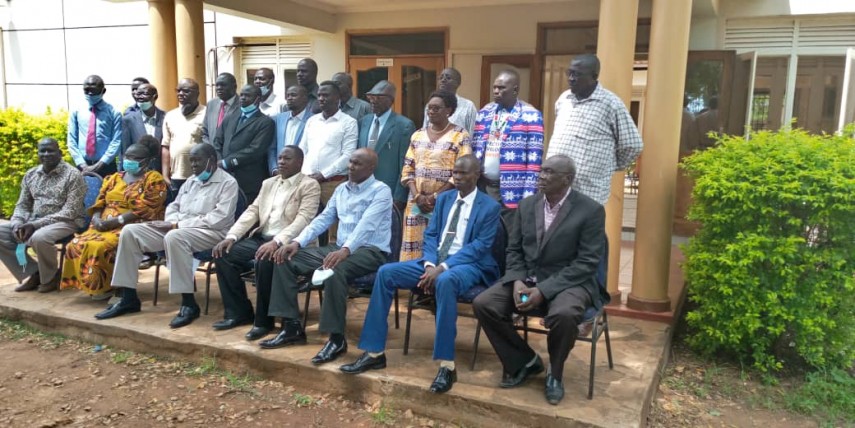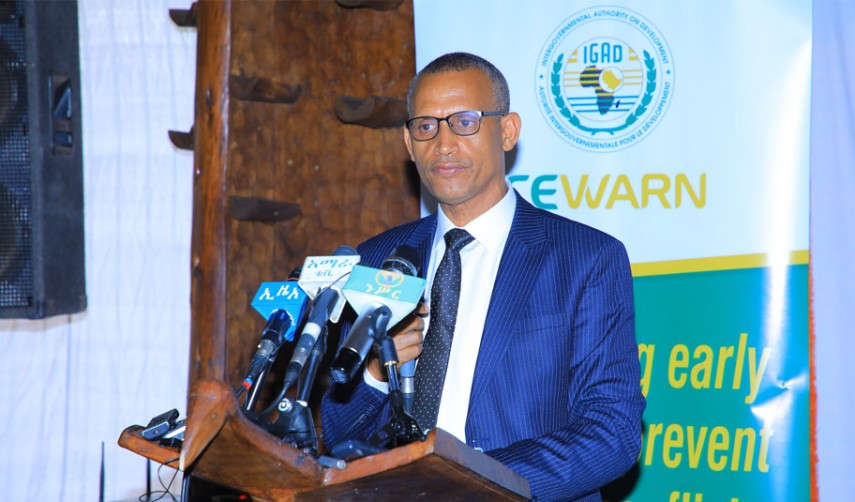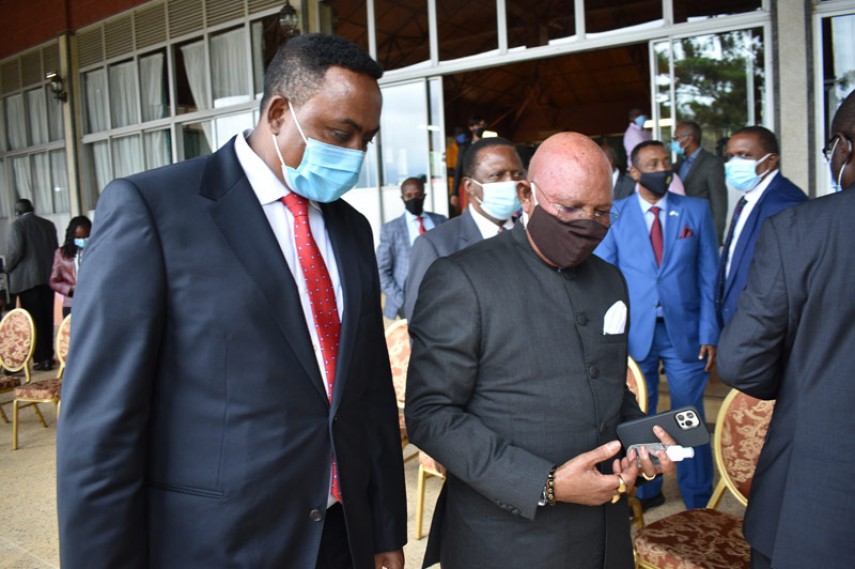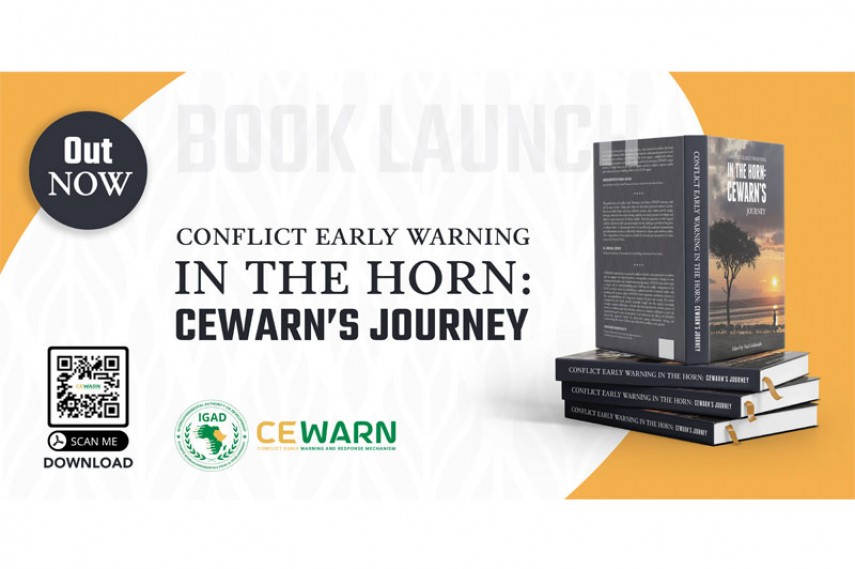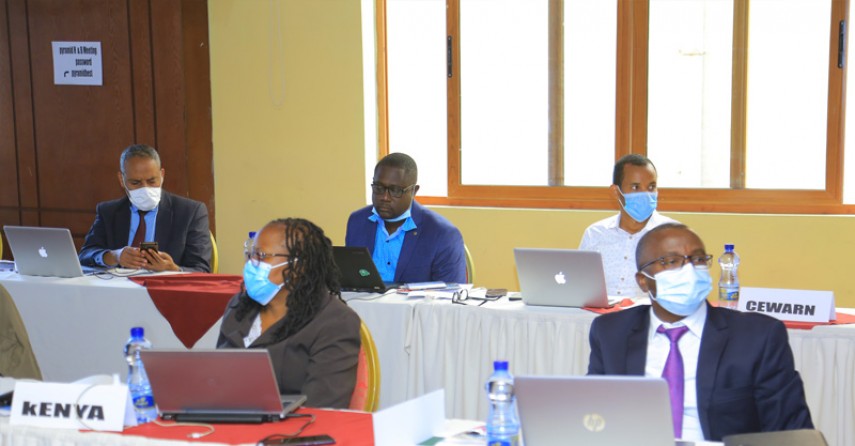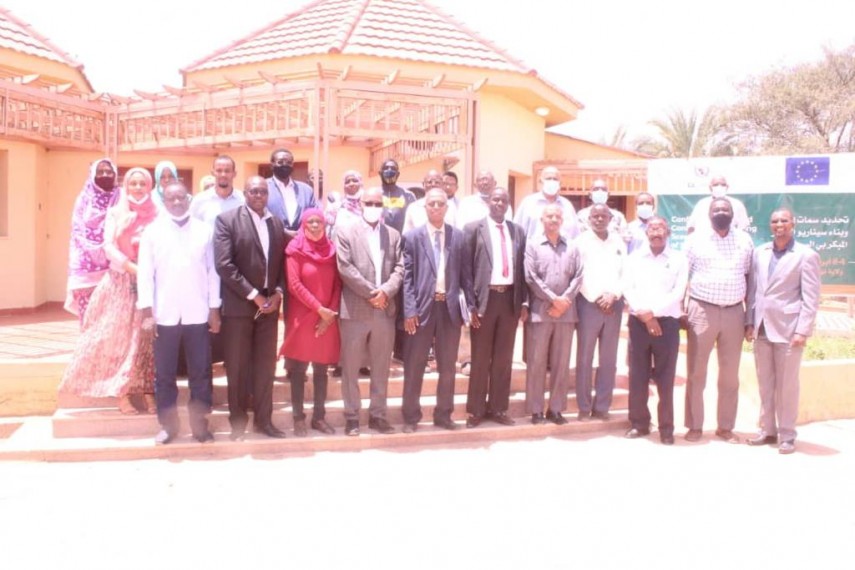South Sudan’s national Conflict Early Warning and Response Unit holds Rapid Response Fund launch
South Sudan’s national Conflict Early Warning and Response Unit holds Rapid Response Fund launch The National Conflict Early Warning and Response Unit (CEWERU) of South Sudan held a launch event […]

